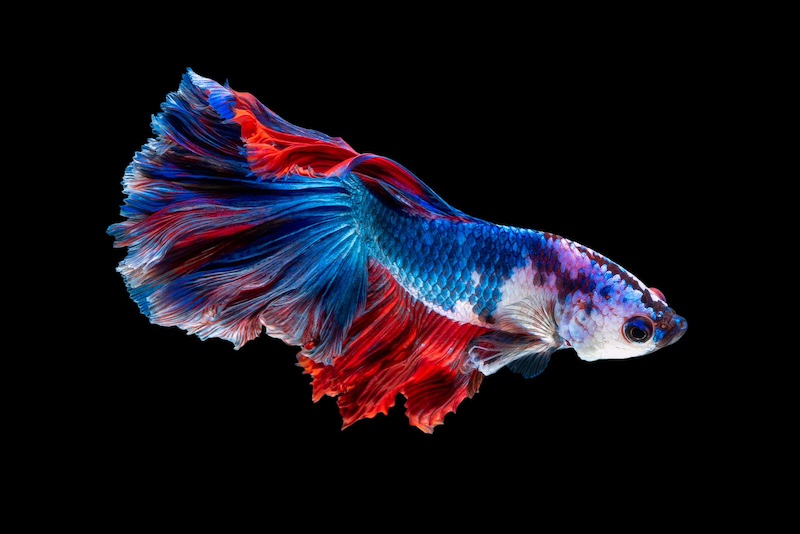Betta fish, also known as Siamese fighting fish, are among the most popular and captivating pets in the aquatic world. Their vibrant colors and unique behaviors make them a favorite for both novice and experienced aquarium enthusiasts. Here are ten interesting facts about these fascinating fish that will help you appreciate them even more.
1. Betta Fish Originated in Southeast Asia

Betta fish are native to the shallow waters of Thailand, Cambodia, Vietnam, and Laos. In the wild, they inhabit rice paddies, floodplains, and slow-moving streams. These environments are often low in oxygen, which has led to some of their unique adaptations. Understanding their natural habitat can help you create a more comfortable environment for your Betta at home.
2. Betta Fish Have a Labyrinth Organ
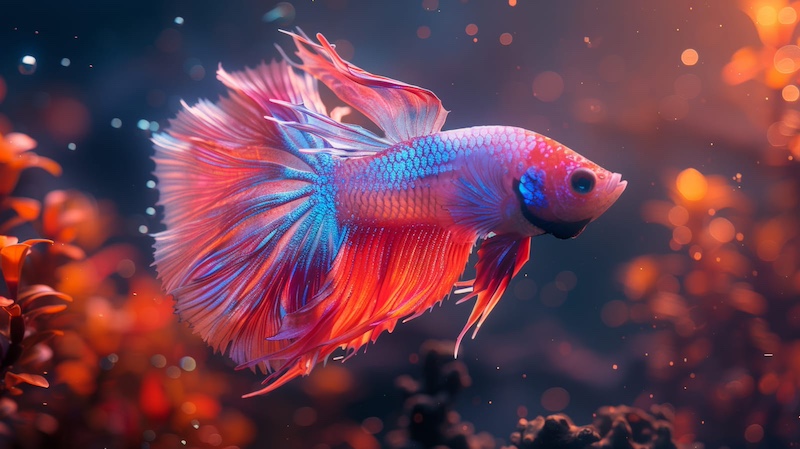
One of the most unique features of Betta fish is their labyrinth organ. This specialized structure allows them to breathe atmospheric air. This adaptation enables Betta fish to survive in oxygen-depleted waters where other fish might not thrive. You’ll often see them coming up to the surface to take a gulp of air, which is perfectly normal behavior.
3. Betta Fish Are Highly Aggressive
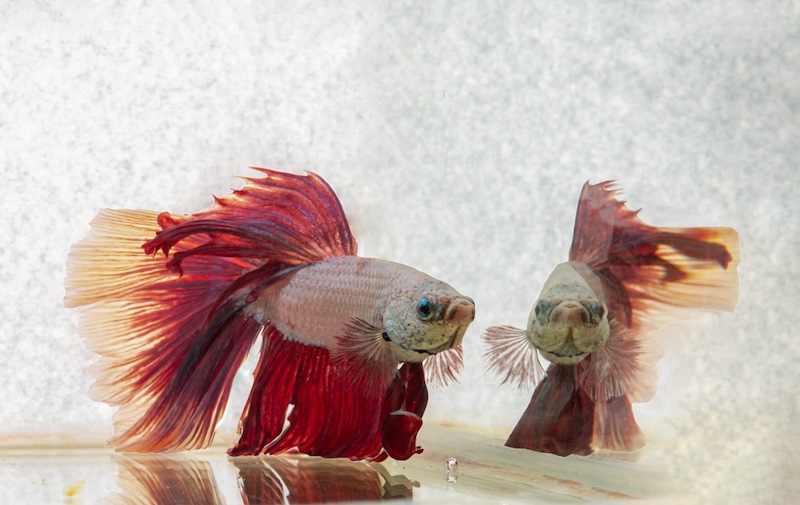
Betta fish are known for their aggressive behavior, particularly among males. In the wild, male Bettas establish and defend territories, which often leads to fierce confrontations. This aggression is why it’s generally not advisable to keep two male Bettas in the same tank, as they will fight, often to the death. However, females can sometimes coexist peacefully in a well-planted, adequately sized tank.
4. Betta Fish Exhibit a Wide Range of Colors and Fins
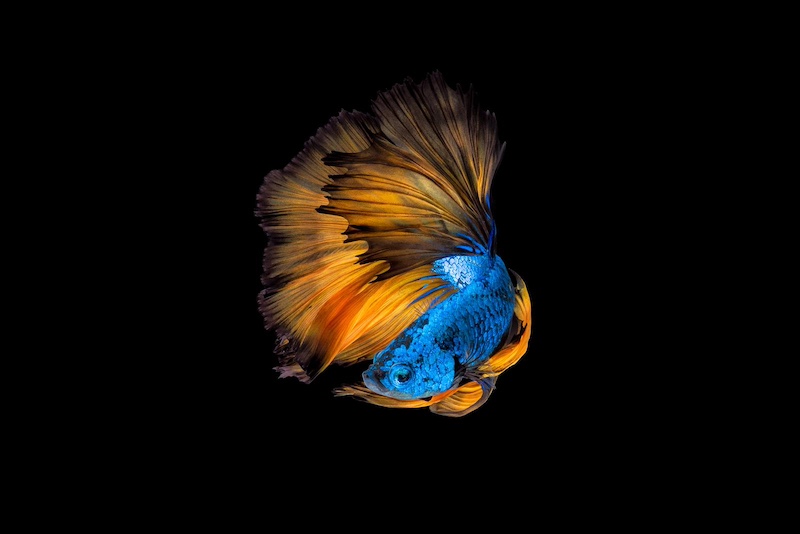
Betta fish come in a stunning array of colors and fin shapes, thanks to selective breeding. You can find Bettas in almost every color imaginable, from vivid reds and blues to pastel pinks and whites. Their fins can also vary significantly, with types such as Veil Tail, Crown Tail, Halfmoon, and Plakat being particularly popular among enthusiasts.
5. Betta Fish Are Intelligent and Interactive
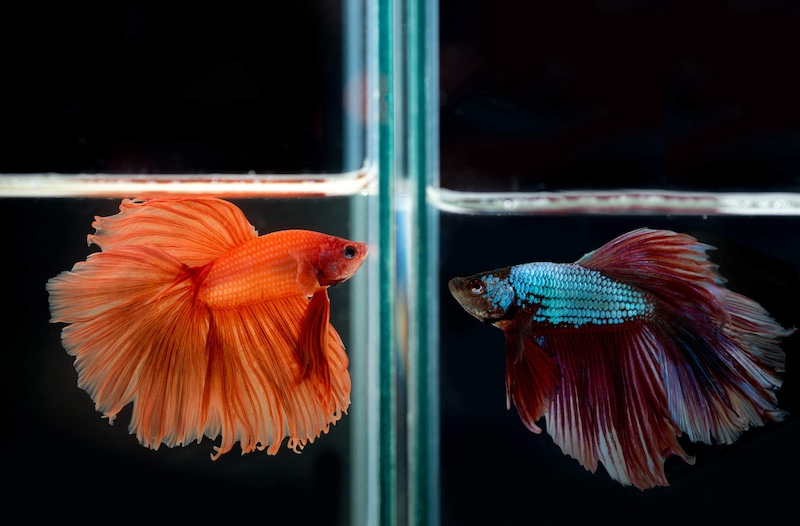
Betta fish are quite intelligent and can recognize their owners. They may swim excitedly to the front of the tank when you approach, and some can even be trained to perform simple tricks, such as swimming through hoops or following your finger. This level of interaction makes them a more engaging pet compared to other fish species.
6. Betta Fish Reproduce Uniquely
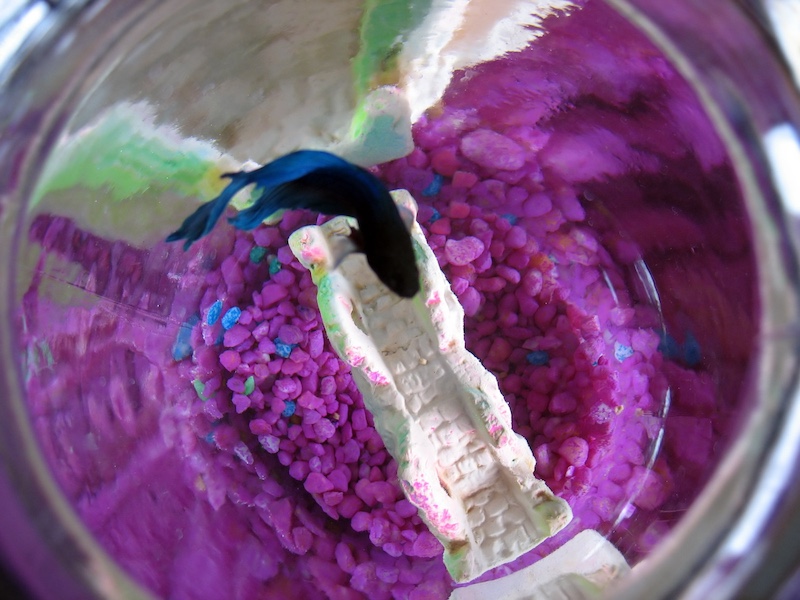
Betta fish have a unique and fascinating method of reproduction. Males build bubble nests at the water’s surface, where they court females. After a successful courtship, the female releases eggs, which the male fertilizes and carefully places into the bubble nest. The male then guards the nest and tends to the eggs until they hatch. This process can be observed in a breeding tank setup.
7. Betta Fish Are Sensitive to Water Conditions
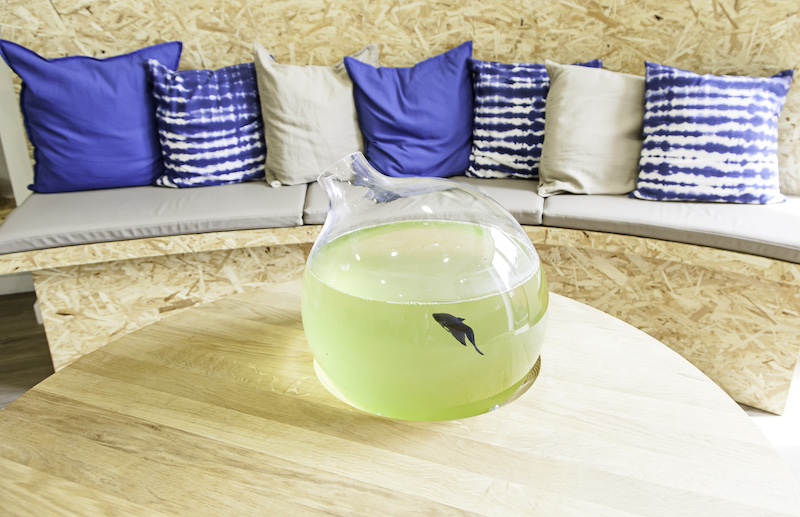
While Betta fish are hardy, they are also sensitive to water conditions. Maintaining a clean tank with appropriate temperature (around 78-80°F), pH (6.5-7.5), and minimal ammonia and nitrite levels is crucial for their health. Regular water changes and a good filtration system are essential to keep your Betta thriving.
8. Betta Fish Have a Lifespan of Three to Five Years
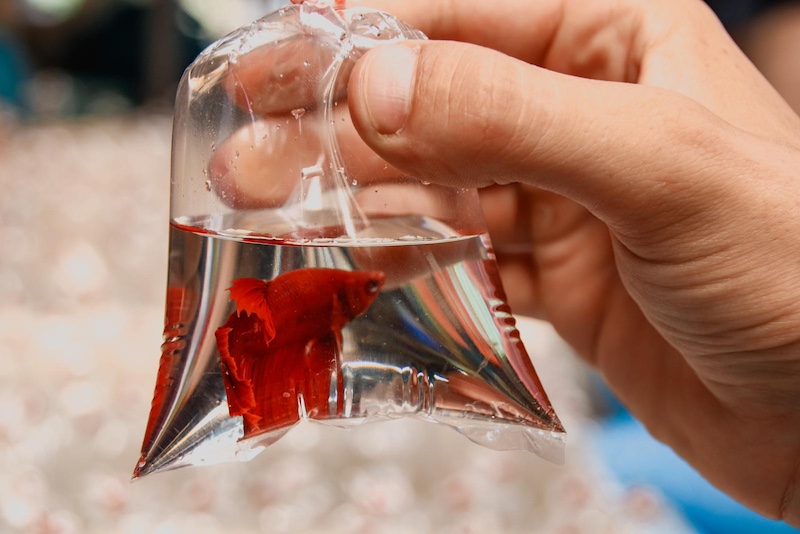
With proper care, Betta fish can live for three to five years, and in some cases, even longer. They typically grow to about 2.5 to 3 inches in length. Providing a stress-free environment, a balanced diet, and regular health check-ups can help maximize their lifespan.
9. Betta Fish Require a Carnivorous Diet

Betta fish are carnivorous and have a varied diet in the wild, consisting of insects and insect larvae. In captivity, they should be fed a balanced diet of high-quality Betta pellets, supplemented with occasional treats like bloodworms, brine shrimp, or daphnia. Overfeeding can lead to health problems, so it’s important to feed them sparingly, typically once or twice a day.
10. Betta Fish Thrive in Enriched Environments
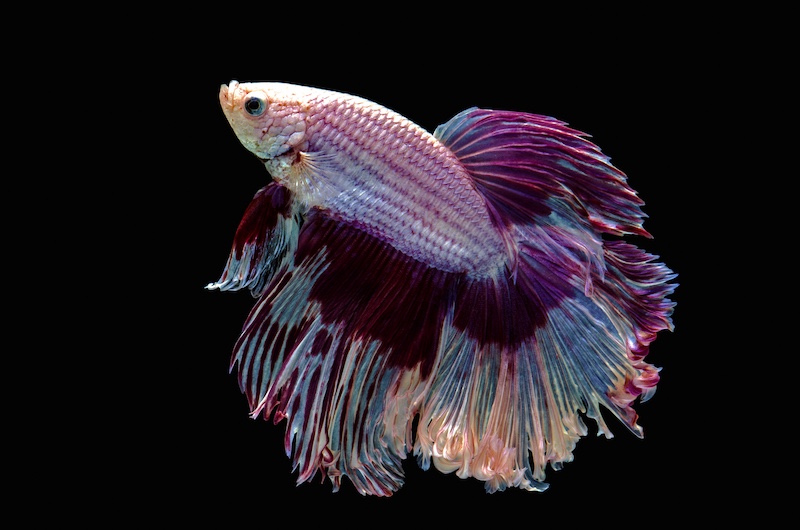
Betta fish thrive in an enriched environment. Adding plants, decorations, and hiding spots in their tank not only makes it more visually appealing but also provides stimulation and a sense of security for the fish. Betta fish enjoy exploring their surroundings, and a well-decorated tank can help reduce stress and promote natural behaviors.

